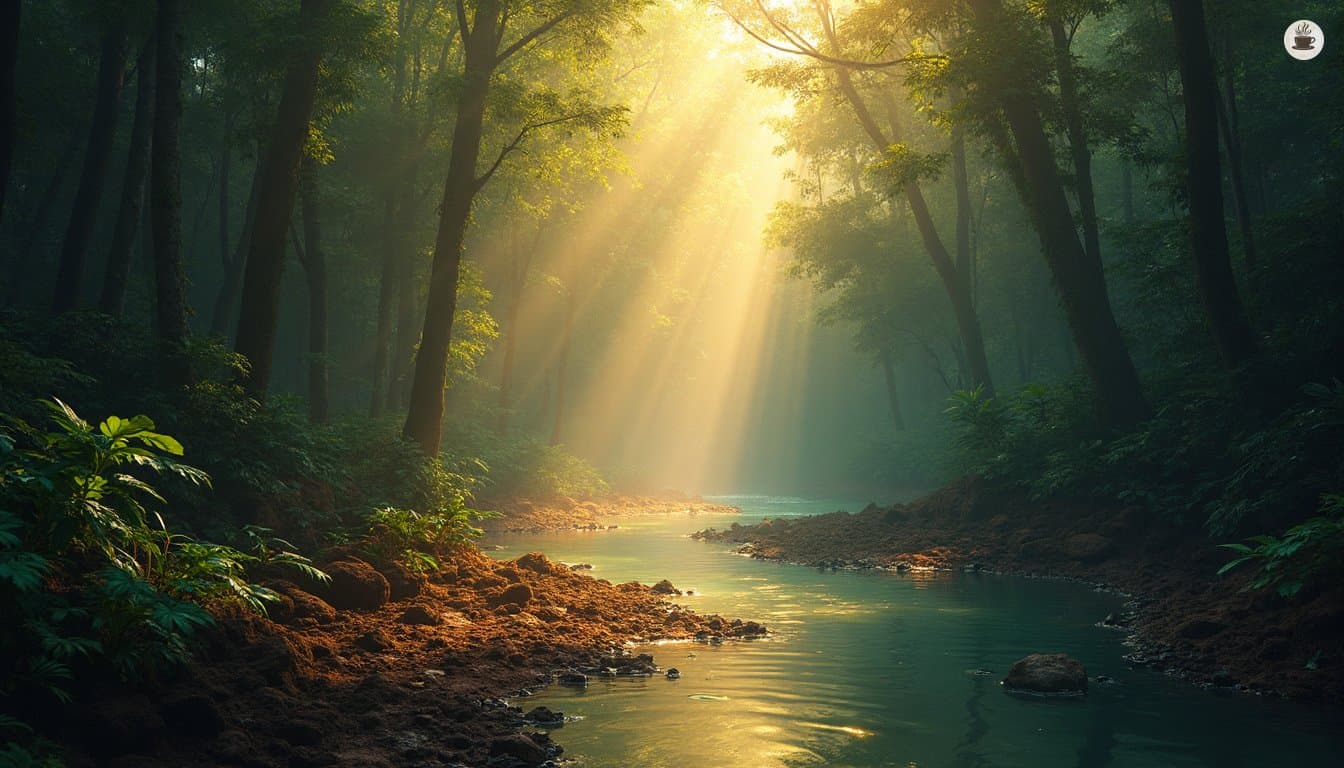
Major Potash Mining Project Divides Indigenous Mura Tribe in Brazilian Amazon
Potash wealth lies deep below
Tribe splits on its fate
A $2.5 billion potash mining project near Brazil's Madeira River has created a deep rift within the indigenous Mura tribe, as the Toronto-based Brazil Potash Corp. prepares to break ground on one of the world's largest potassium reserves [1].
The project, which received licensing from the Amazonas Environmental Protection Institute, aims to produce 9.2 million tons of potash ore annually, meeting 17% of Brazil's current demand. The development includes two 920-meter deep shafts, a processing plant, and port facilities [1][2].
The Mura tribe, with approximately 13,000 members living along the Madeira River, faces a critical challenge as the two villages most affected by the project - Soares and Urucurituba - lack official recognition as Indigenous territory, despite historical evidence of 200-year occupation [3].
Brazil's Attorney General's Office has filed lawsuits citing environmental concerns and improper consultation processes. The office secured a court order preventing company representatives from entering Mura territory [1].
While Brazil Potash claims 90% support from 34 of 36 nearby villages, the dispute has led to a formal split within the tribe. On February 19, 2025, pro-mining villages gathered at the Mura Indigenous Council, while opponents formed a separate resistance organization the following day [4].
Environmental risks include potential contamination from brine ponds in flood-prone areas and surface instability from underground mining. However, the federal government supports the project as strategic for reducing Brazil's dependence on potash imports from Russia, Belarus, and Israel [1][3].